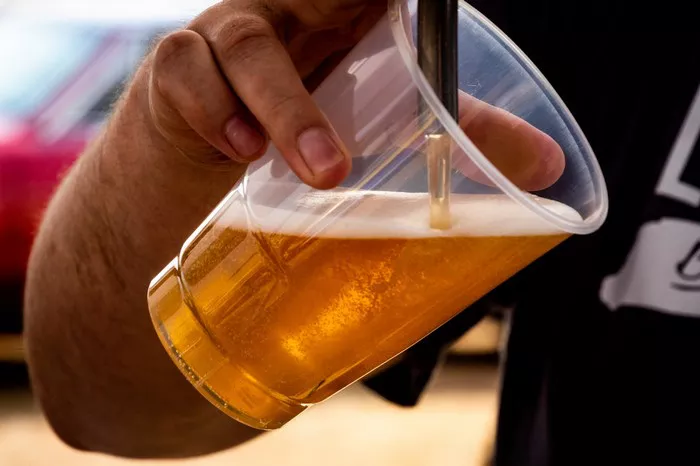In major beer-producing European nations such as Germany, the Czech Republic, and Slovenia, the climate crisis is wreaking havoc on hop production, leaving lovers of hoppy beers, particularly IPAs, with cause for concern. A recent study reveals a disturbing trend that has unfolded since 1994: hops are ripening earlier, producing lower yields, and most notably, losing their essential bitter components.
The situation is projected to worsen, according to researchers, as the impacts of global warming intensify. The study, published in the journal Nature Communications, predicts that hop yields could plummet by as much as 18% by 2050. Even more disconcerting is the anticipated decrease of up to 31% in the alpha acid content of hops, which is responsible for the bitterness in beer. This alarming decline in hop quality and quantity is attributed to the increasingly hotter and drier conditions resulting from climate change.
The implications of these findings extend far beyond the realm of brewing, adding to an expanding list of everyday pleasures and commodities threatened by the climate crisis. Miroslav Trnka, co-author of the study and a researcher at the Global Change Research Institute, underscored the need to recognize the significance of this issue, stating, “One of the side motives of this study was to illustrate how climate change might be important for even those who think it doesn’t matter. We are really seeing changes that are affecting things that we value, like the taste of beer. Climate change really can have an effect on it, or at least have an effect on commodities that are critical for production.”
The study also highlights that global warming endangers each of the fundamental ingredients in modern beer production, including water, barley, yeast, and now, hops. As climate change continues to impact a wide range of agricultural crops, experts warn that the brewing industry, which has been an integral part of human history since at least 3100 BC, must adapt to the challenges posed by the changing climate.
Douglass Miller, a senior lecturer in food and beverage management at Cornell University, who was not involved in the study, expressed little surprise at the findings, stating, “With climate change affecting a vast number of agricultural crops, I’m not surprised.” As beer aficionados and brewers grapple with the potential ramifications of these climate-induced changes, it becomes increasingly clear that even the world of hops and barley is not immune to the far-reaching consequences of global warming.


